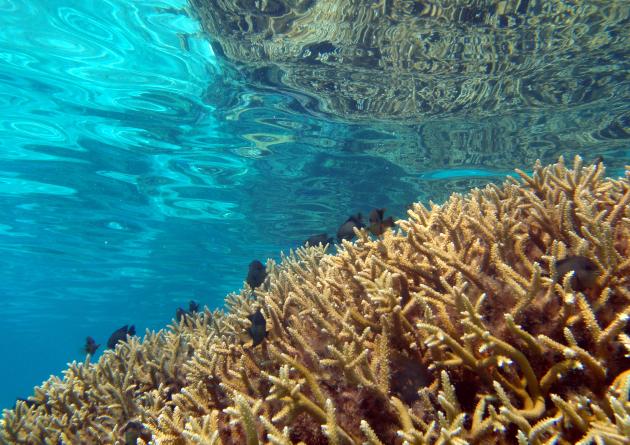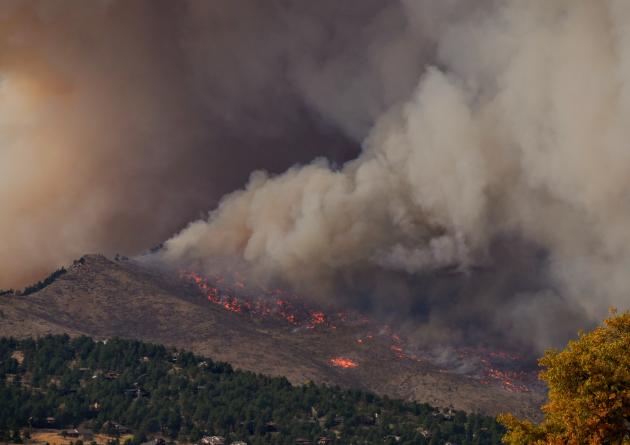Master of Environmental Data Science Capstone Projects are a unique and crucial component of the Bren School's approach to environmental data science. Capstone Projects bring together small teams of students to help tackle environmental problems using data science. Through their Capstone Projects, students cultivate the necessary technical and professional skills to successfully work as a member of a team and manage a professional data science project.
In their Capstone Project, students collaborate with real-world clients, from industry, government, academia or non-government organizations. Each Capstone group is advised by a UCSB faculty member and supported through the MEDS Capstone Project courses.Through their MEDS Capstone Project, students gain professional experience in fostering collaborative group dynamics, designing and implementing strategies, engaging with stakeholders, writing technical documentation, public speaking, and developing data science products that are reproducible and robust.
Current MEDS Capstone Projects
MEDS students and their project partners are tackling global environmental problems with data-driven solutions. A handful of capstone projects are featured here. Explore all current and past MEDS capstone projects in the project directory.





Capstone Timeline
Summer
Bren School releases a MEDS Request for Proposals. Proposals for MEDS Capstone Projects may be submitted by UCSB faculty, students, and prospective external clients.
Fall
Submission period for new proposals ends. A committee of students, faculty, and staff selects appropriate projects. Students vote on and join project teams at the end of Fall Quarter.
Winter
Students meet clients, refine project objectives, develop a design and implementation plan, host meetings with their client and advisor, and begin preliminary product development.
Spring
Students complete the project’s data science products, write technical documentation, host meetings with the client and advisors, and present their work in a final, public product demonstration or visualization.
Are you ready to solve environmental problems?
Request more information, get to know the Bren School, and start planning your application today.